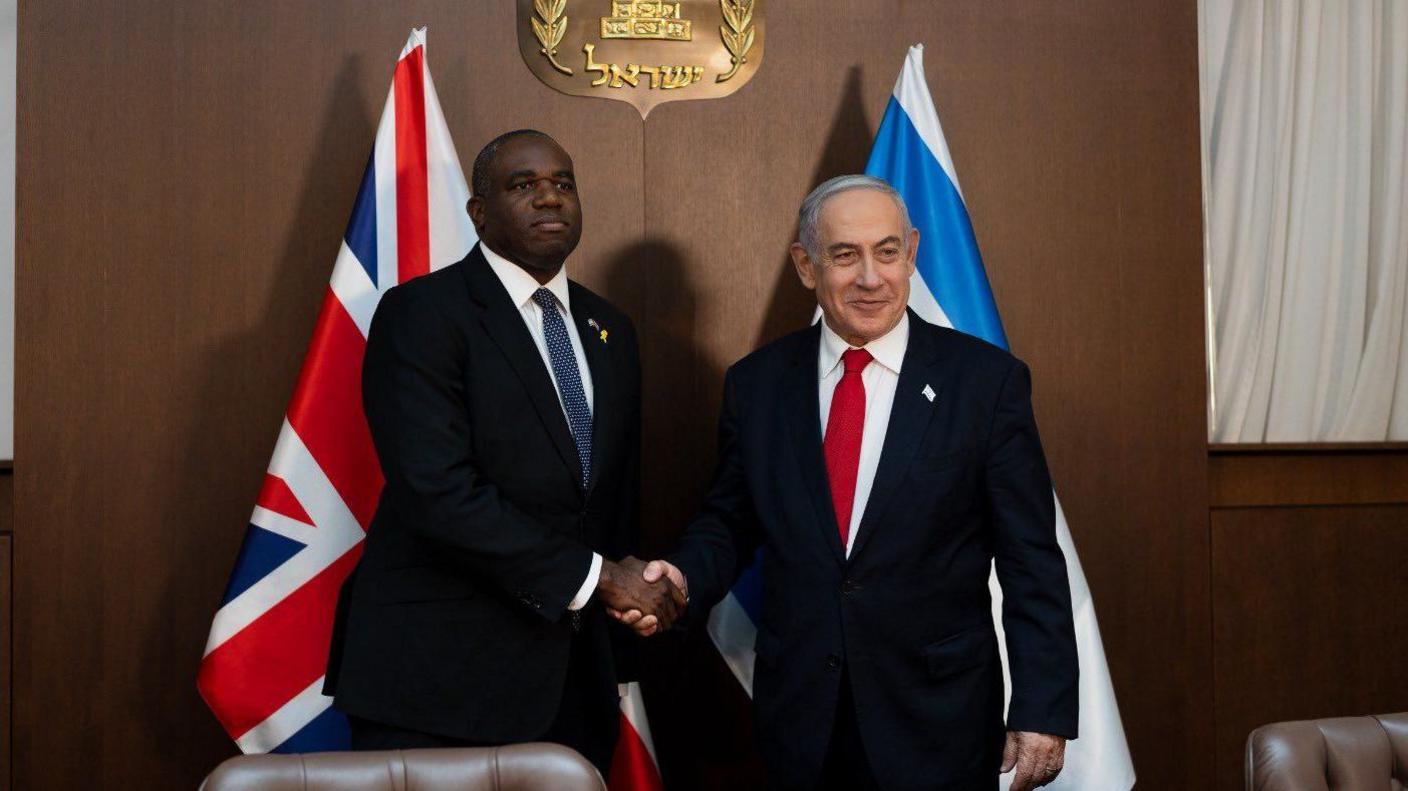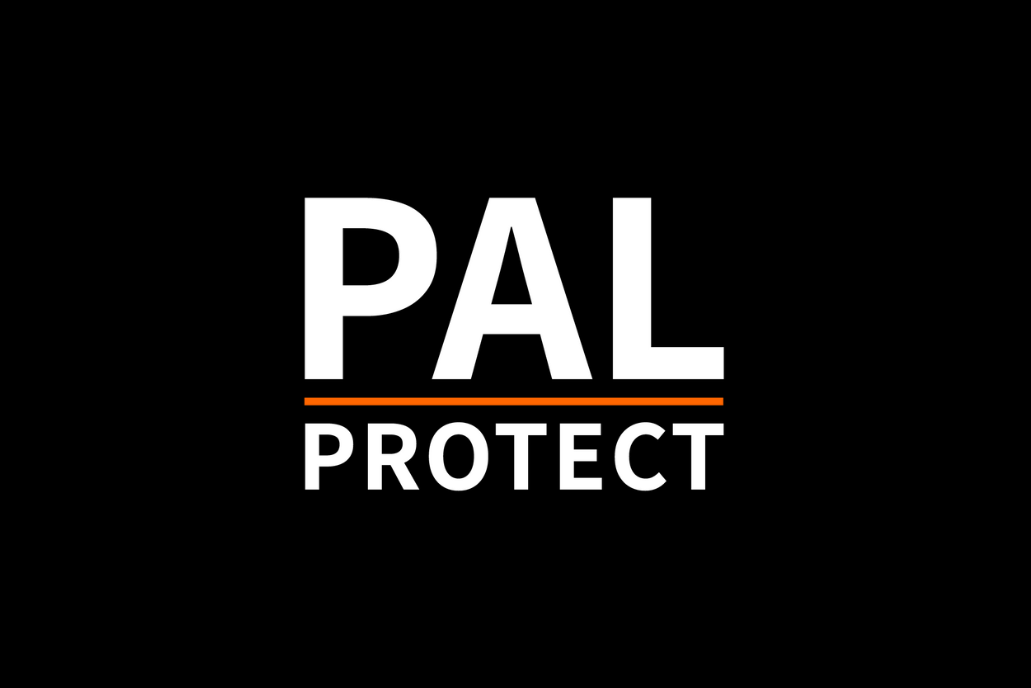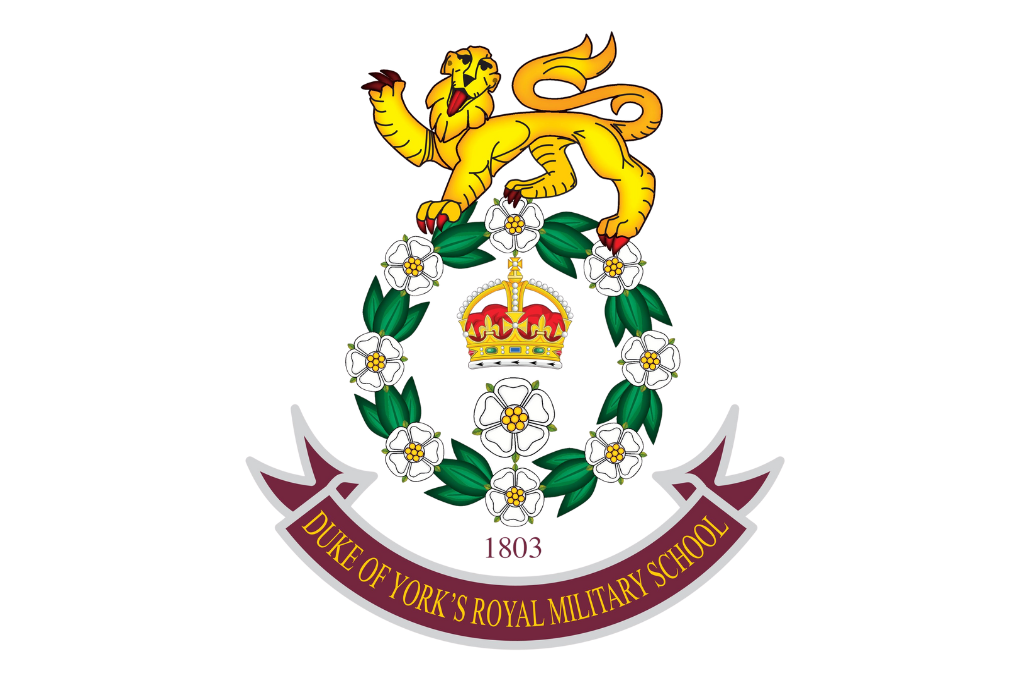In a detailed response to mounting concerns over Britain’s military links with Israel, the Minister for the Armed Forces, Luke Pollard MP, has laid out the government’s position, and it’s clear the spotlight is very much on compliance with international law.
The letter, dated 1 May 2025 and now available in the House of Commons Library, was addressed to Shockat Adam MP following a heated Westminster Hall debate on “Military Collaboration with Israel.”
So, what exactly did Pollard say?
The UK’s Bottom Line: No to Escalation, Yes to Lawful Defence
Pollard began by doubling down on Britain’s long-standing position: the government is committed to international law and a two-state solution. He urged all sides to uphold the ceasefire, release the remaining hostages through negotiations, and work toward lasting peace.
“A negotiated solution and a political horizon towards a two-state solution will, over time, ensure the long-term peace and security of both Palestinians and Israelis,” he wrote.
But he didn’t stop there
Military Ties Under the Microscope
Addressing Adam’s concerns about the UK’s military cooperation with Israel, Pollard stressed that the UK supports Israel’s **right to self-defence,**but only within the bounds of international law.
The UK government, he said, remains committed to an immediate ceasefire in Gaza, and is seriously considering the International Court of Justice’s advisory opinion. On the thorny issue of Israeli occupation, the stance is clear: Israel should end its presence in the Occupied Palestinian Territories “as swiftly as possible.”
Training, Bases, and Export Licences, What’s Really Going On?
When it comes to the Ministry of Defence’s training and assistance activities with Israel, Pollard assured that all defence engagement is run through the Overseas Security and Justice Assistance (OSJA) framework, which is designed to ensure everything lines up with human rights obligations.
These risk assessments, he said, are constantly under review.
And what about the use of UK overseas bases by foreign military aircraft, possibly including Israeli ones?
Pollard was tight-lipped: the MOD neither confirms nor denies any such movements, citing operational security.
Export Licences: Tighter Controls, No Room for Violations
Perhaps the most headline-grabbing section of the letter relates to arms export licences. Pollard confirmed that following a review ordered by the Foreign Secretary in July 2024, the UK suspended certain export licences to Israel where there was a clear risk of items being used in ways that violate International Humanitarian Law.
At present, there are no active licences for those items, with the exception of those tied to the global F-35 fighter jet programme, which includes multiple allied nations.
A Balancing Act Between Law and Defence Partnerships
Pollard wrapped up by reiterating the government’s balancing act: upholding international legal standards while continuing responsible defence cooperation.
“I hope this is helpful and explains our position on these issues,” he concluded.
Whether or not that reassurance will satisfy Parliament, and the public, remains to be seen.
















